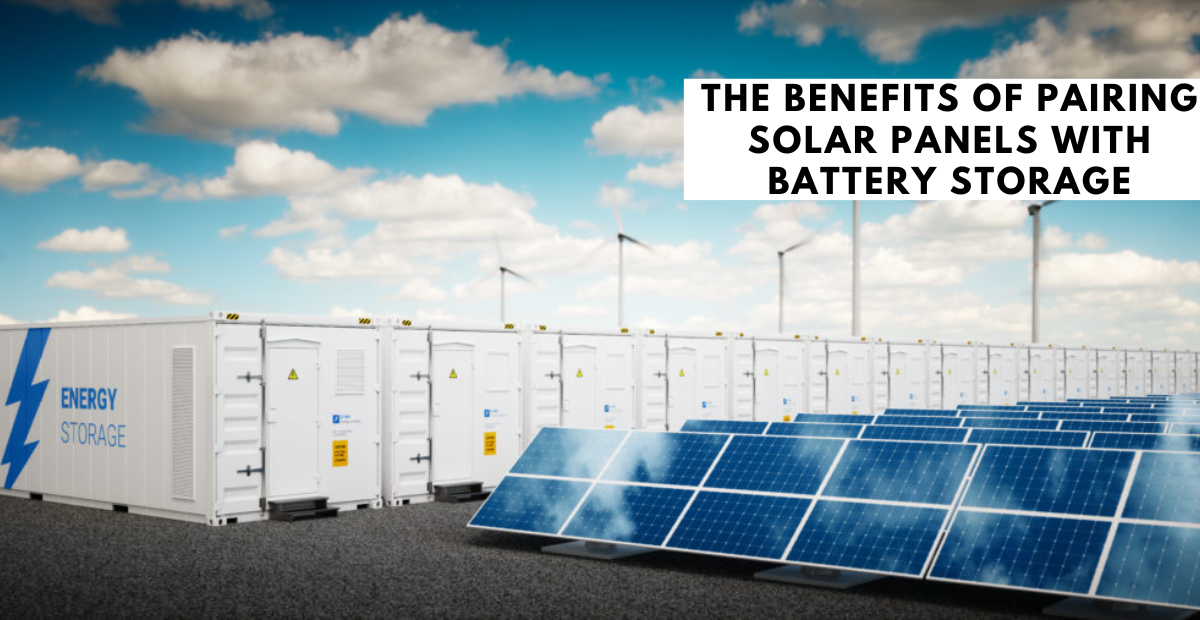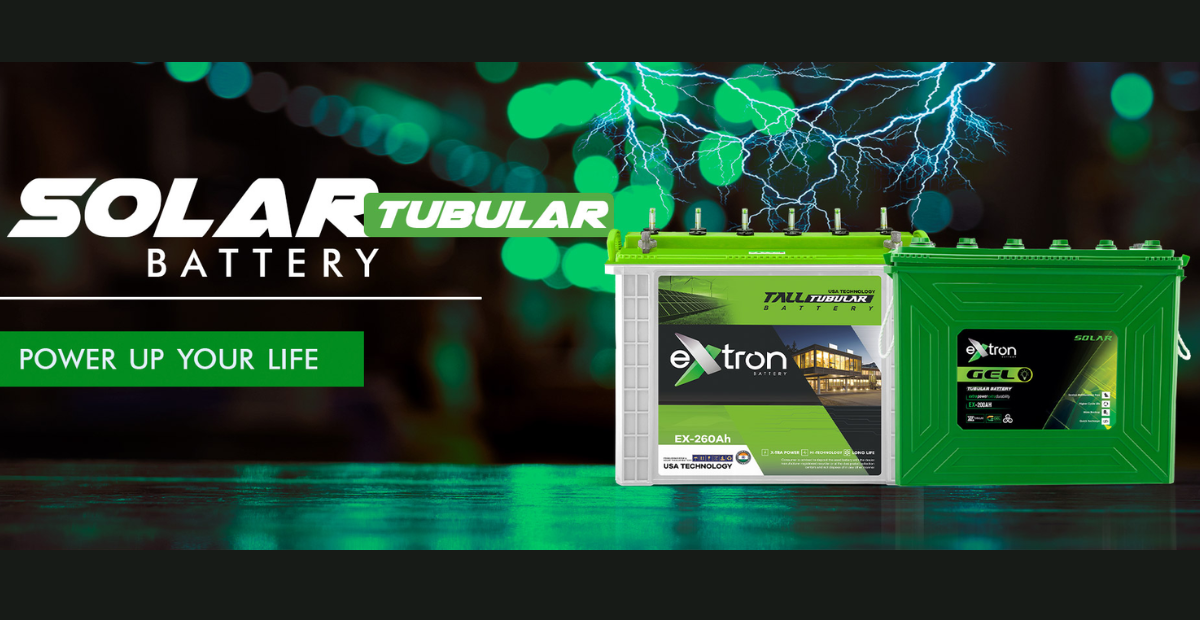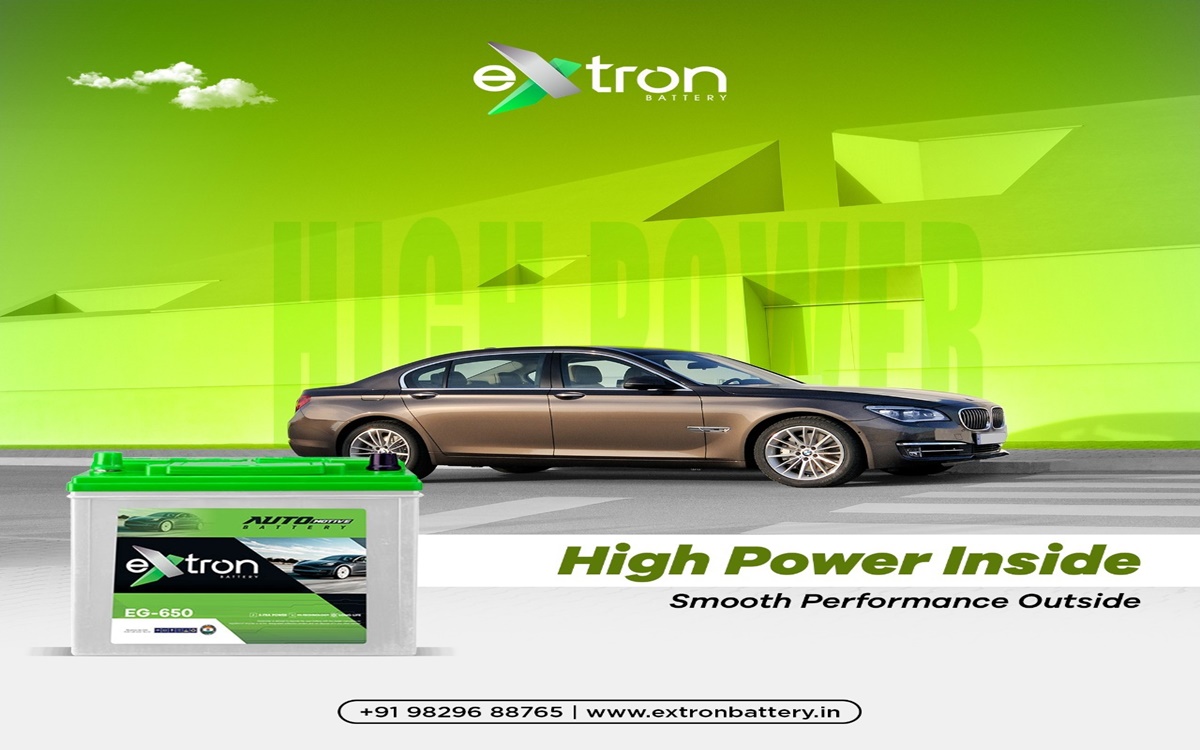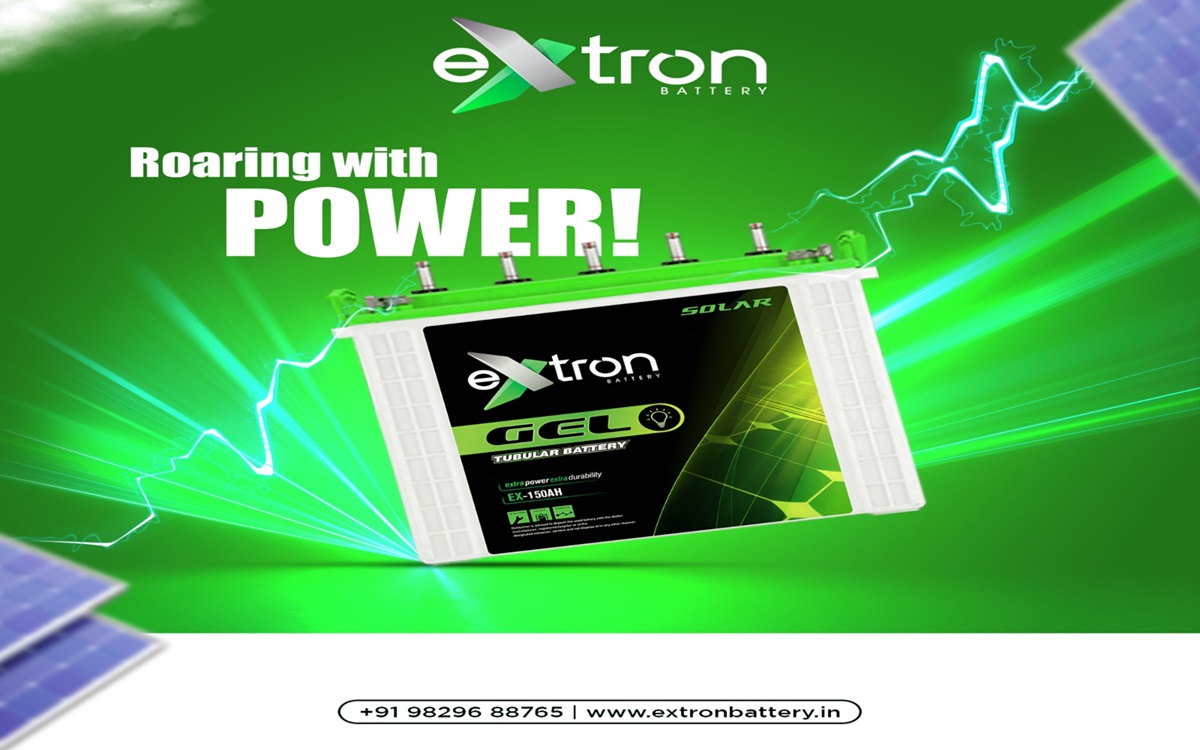The invention of Solar energy has been a groundbreaking invention for humankind for its various characteristics such as renewable energy source. Since the demand for renewable energy sources is increasing, solar panels are becoming a popular choice to reduce the carbon footprint and save on energy costs of various households and businesses. Although, to maximize the benefits of solar energy, it is important to pair solar panels with battery storage.
1.Maximization of Energy Savings
Since most households consume the energy during early morning and after evening, the solar panels generate most of the energy in the afternoon when the sun is shining bright. For this purpose, batteries are used and connected to the solar panels to store the excess energy generated during the day to be utilized later in the future.
2.Energy Security and Reliability
Battery storage connected to the solar panels provides security and reliability to the people during the inconvenient time of power outages or power cuts. It is a far more reliable source of energy than the one received from the grid.
3.Reduction in Carbon Footprint
Solar panels connected with the batteries reduces the need of using the non renewable energy sources resulting in the conservation of the environment. This ultimately results in reducing the carbon footprint and helps in sustaining the environment.
4.Flexibility and Control
Battery storage attached to the solar panels provides you flexibility and control over the energy consumption and energy usage. It helps in storing the extra energy generated during the peak hours of the sunshine which can later be utilized as per the requirement.
5.Long-term Savings
The cost of setting up the solar panel system along with the battery storage may come as a bit higher at the time of installation but they are far more cost efficient in the long term and helps in saving you a huge deal. As the average lifespan of a solar system is around 25-30 years plus it does not require a lot of maintenance as well, it results in less investment financially.
Pairing solar panels with battery storage can provide significant benefits to households and businesses looking to reduce their carbon footprint and save on energy costs. With added energy security, flexibility, and control, this combination is an excellent investment for those looking to move towards renewable energy sources. Extron is one of the trusted solar battery manufacturers in Hyderabad known for manufacturing quality and reliable batteries. They are also one of the leading Battery Manufacturers in India.



